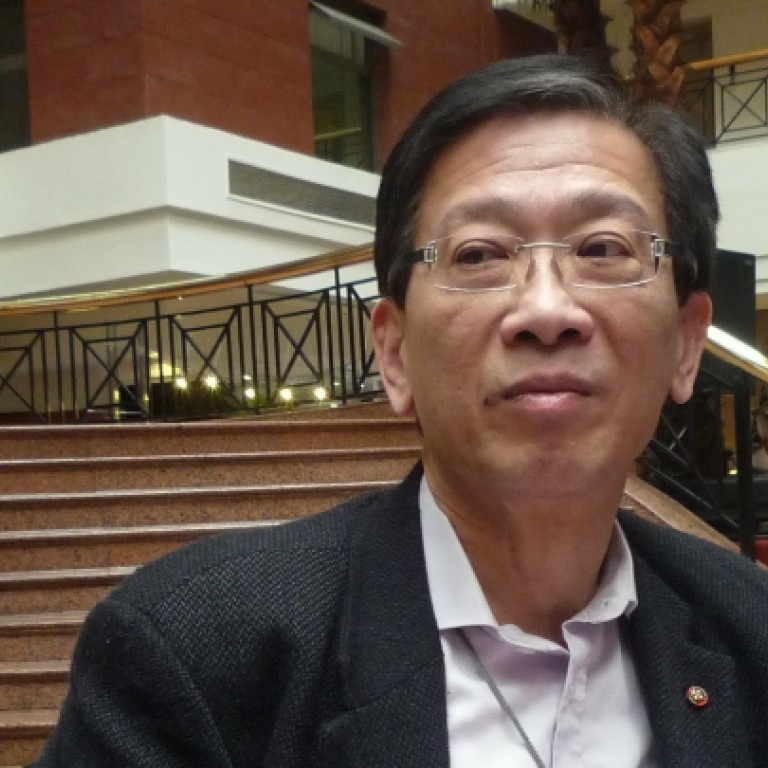
Basic Law Institute counters Alliance for True Democracy's electoral reform proposals
Pro-Beijing group responds to pan-democrats' ideas, urging greater role for councillors in nominating candidates for chief executive
The Basic Law Institute has tabled a proposal for universal suffrage in the 2017 chief executive election that seeks to include all district councillors on future nominating committees.

The institute's suggestion, the first by the pro-Beijing camp, comes just days after the Alliance for True Democracy - comprising 26 pan-democratic lawmakers - made three proposals for public discussion last week.
In two of them, it sought nomination by petition, which would allow any candidate who garners signatures from 2 per cent of eligible voters to be endorsed by the nominating committee and run for high office.
The alliance says its proposals meet the requirements of the Basic Law, which state that the nominating committee must be "broadly representative", and that the nomination process must proceed "in accordance with democratic procedures".
But Hoo said the principles of "balanced participation" and "gradual and orderly progress" must also be observed.
"A broadly representative nominating committee must involve people from all walks of life," he said. "A committee formed by three million voters can be said [to be] widely representative, not broadly representative. [The alliance] has tried to comply with the letter, not the spirit, of the Basic Law."
Hoo's proposal was to add all elected district councillors to the current 1,200-strong election committee to form a 1,500-strong nominating committee. The committee would conduct a pre-election by block voting to return three or four official candidates for election by universal suffrage.
He suggested fine-tuning the balance among the existing 38 largely trade-based subsectors, for instance reducing the number of seats for agriculture and fisheries from 60 to 10 to make room for new subsectors for young people and women.
Hoo said corporate voting in some subsectors, which gave some members multiple votes, should also be reviewed.
Citing the pan-democrats' veto of electoral reform in 2005, Hoo said they should learn a lesson and pocket the right to vote this time, even if they are not satisfied with the formation of nominating committees.
"Nobody has any arguments with the right to vote, so why not just take it? For the opportunity to be elected, there is always space for changes [in] Hong Kong's political evolution," he said.
Hoo said the government should launch a consultation on constitutional reform no later than the end of this year.
"There should not be political considerations because it is a constitutional matter that should be properly done," he said.
